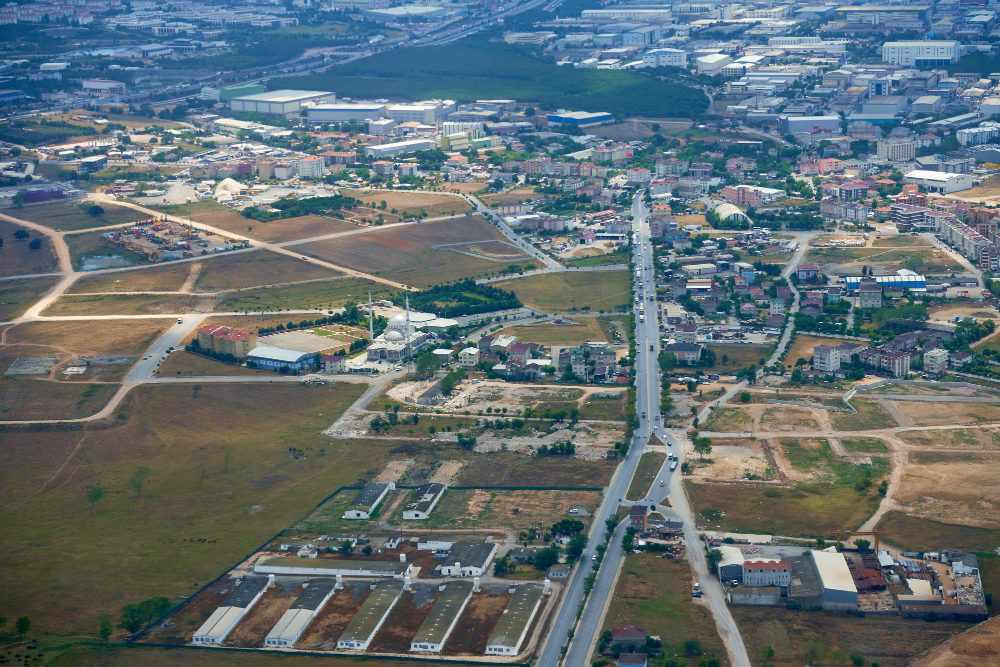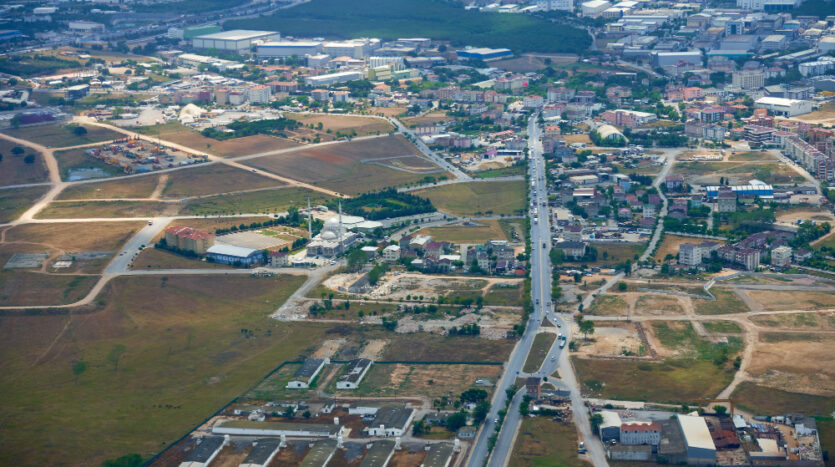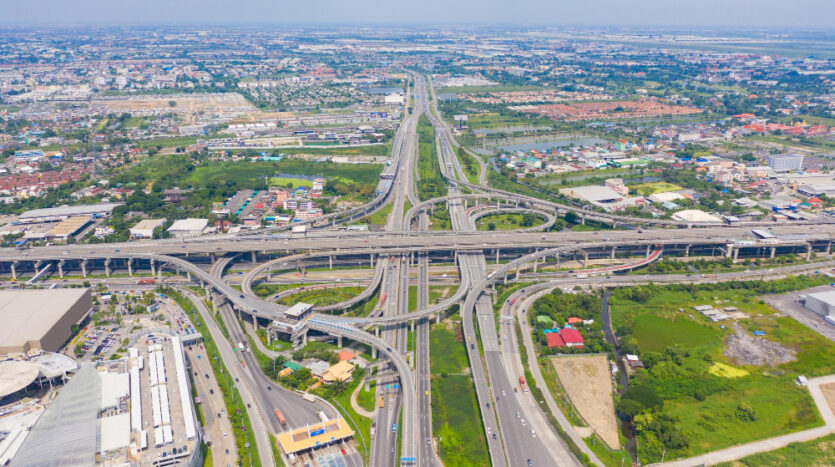How Infrastructure Projects Boost Land Prices in Kenya
Introduction
Infrastructure projects real estate Kenya growth go hand in hand. Roads, railways, and utility expansions directly influence property demand and values. For investors, understanding the connection between infrastructure and land prices is key to identifying the best opportunities in Kenya’s real estate market.
Why Infrastructure Matters in Real Estate
Infrastructure provides accessibility and convenience, which are critical for property demand. When a new road, bypass, or commuter line is introduced, nearby land values tend to rise as buyers and developers see increased potential for growth.

Key Infrastructure Projects Boosting Real Estate in Kenya
Roads and Highways
Projects like the Nairobi Expressway, Western Bypass, and Nairobi–Mau Summit Highway have opened up new investment zones, significantly boosting land prices in surrounding areas.
Railway Projects
The Standard Gauge Railway (SGR) and Nairobi commuter train expansions have made towns like Syokimau, Athi River, and Kitengela prime real estate hotspots.
Utility Expansion
Water, electricity, and internet connectivity upgrades increase the attractiveness of land for residential and commercial development.
Urban Development Initiatives
Projects like Konza Technopolis and mixed-use developments in Nairobi are reshaping demand and raising land prices in surrounding areas.
How Infrastructure Projects Affect Land Prices
- Accessibility: Improved roads reduce travel time, making remote areas desirable.
- Demand Growth: Better infrastructure attracts buyers and tenants, raising land value.
- Commercial Opportunities: New infrastructure creates space for businesses, boosting surrounding property prices.
- Speculative Value: Investors anticipate appreciation and buy land early, driving up prices.
Benefits for Investors
- High ROI: Land near new infrastructure projects appreciates faster.
- Rental Income: Improved accessibility increases tenant demand.
- Long-Term Security: Infrastructure-backed properties carry lower investment risk.
- Diversification: Investors can tap into residential, commercial, and mixed-use opportunities.
See related blogs: Impact of Infrastructure on Real Estate Growth in Kenya, Fastest Growing Towns in Kenya Real Estate, and Best Places to Buy Land in Nairobi 2025.
Costs and Considerations
Investors should plan for:
- Stamp Duty: 4% in urban areas, 2% in rural areas (Kenya Revenue Authority).
- Legal and Valuation Fees: Required for safe transactions.
- Survey and Registration Costs: Especially for subdivided plots.
Check the Kenya Revenue Authority for current property tax details.
Common Mistakes Investors Should Avoid
- Buying speculative land without verifying approvals.
- Overlooking long-term infrastructure plans.
- Ignoring zoning restrictions and county regulations.
- Skipping due diligence on sellers and developers.
FAQs on Infrastructure Projects Real Estate Kenya
How do infrastructure projects affect land prices in Kenya?
They improve accessibility, increase demand, and raise property values in surrounding areas.
Which infrastructure projects are driving real estate growth?
The Nairobi Expressway, SGR, Western Bypass, and Konza Technopolis are key drivers.
Are infrastructure-linked investments safer?
Yes. Properties near infrastructure projects generally appreciate faster and carry lower risks.
Can diaspora investors benefit from these projects?
Yes. Diaspora investors can buy land near upcoming projects and enjoy long-term growth.
How soon do land prices rise after a project is announced?
Prices often begin to rise even before completion as investors anticipate demand growth.
Final Thoughts
Infrastructure projects real estate Kenya dynamics are inseparable. Roads, railways, and utilities not only improve living conditions but also raise land values significantly. For investors, monitoring infrastructure developments is key to identifying high-return opportunities. Partner with Sarabi Realty Group to secure land investments in Kenya’s fastest-growing locations.


